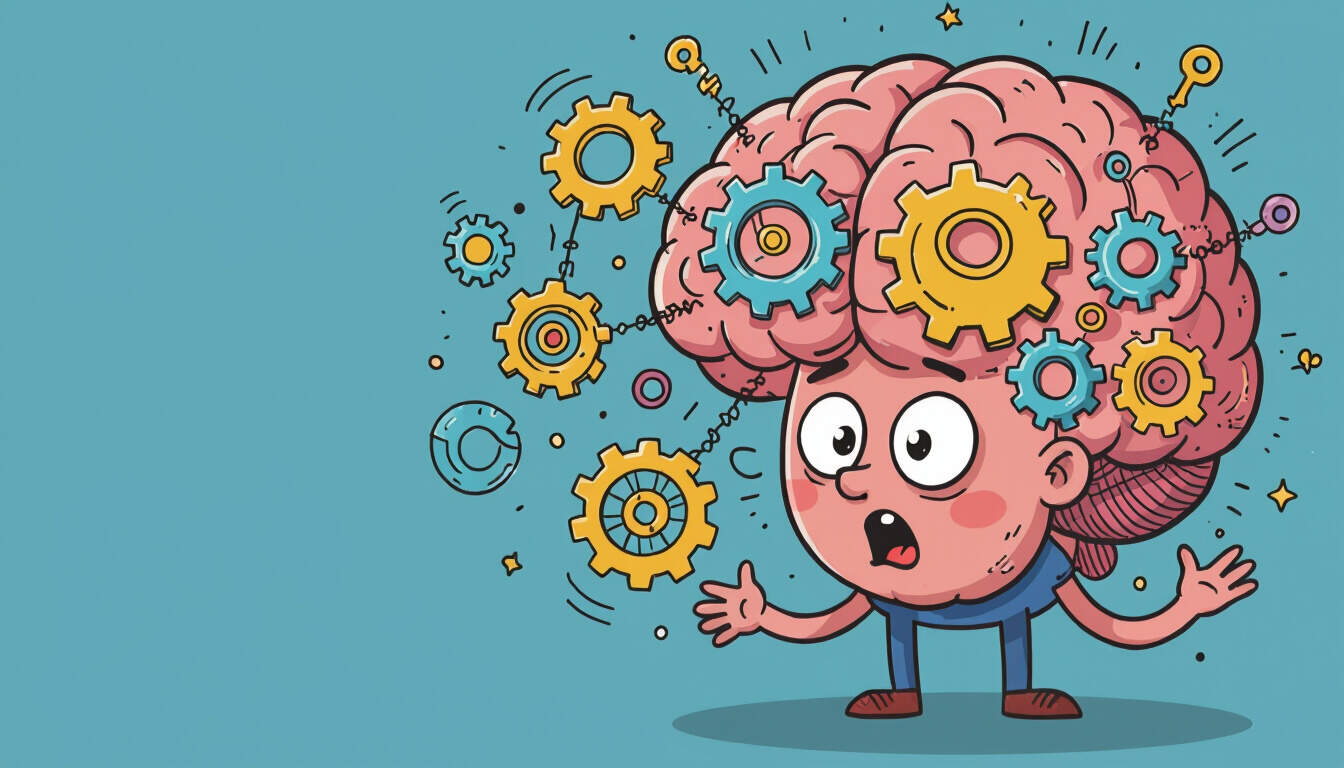Layers of Philosophical Thinking: Second-Order Effects and Feedback Loops
 by Shanie Goodwin
by Shanie Goodwin
Delve into how second-order thinking extends beyond initial reactions, creating deeper insights through feedback loops. This approach enhances cognitive processes and supports personal development for professionals and students alike.

Second-order thinking involves looking past immediate outcomes to consider the broader implications of decisions and actions. This method encourages a more thorough examination of consequences that ripple outward over time.
In the context of philosophical thinking, layers emerge as we move from surface-level observations to deeper analyses. For instance, a simple decision like choosing a career path might initially seem straightforward, but second-order thinking reveals long-term effects on personal satisfaction and relationships.
Feedback loops play a crucial role in this process. These are cycles where an action leads to a result that influences future actions, creating a continuous flow of cause and effect. In personal development, positive feedback loops can reinforce good habits, while negative ones might perpetuate challenges.
Consider how this applies in everyday scenarios. A student preparing for exams might focus on short-term studying, but applying feedback loops means evaluating how study methods affect retention and performance over time. This layered approach helps in refining strategies for better results.
Philosophical thinking often builds on these concepts. Ancient philosophers like Socrates emphasized questioning assumptions, which aligns with exploring multiple layers of thought. By integrating feedback loops, individuals can create systems where learning from one experience informs the next, fostering growth.
The Role in Cognitive Processes
Cognitive processes benefit greatly from second-order thinking. It shifts focus from reactive responses to proactive planning. For example, in problem-solving, addressing only the immediate issue might solve it temporarily, but ignoring underlying patterns can lead to recurrence.
Feedback loops add another dimension by highlighting interconnections. In a professional setting, team dynamics might involve feedback where one member's input affects group morale, which in turn influences productivity. Recognizing these loops allows for adjustments that promote harmony and efficiency.
This analytical approach is particularly useful for students. When tackling complex subjects, considering second-order effects helps in understanding how concepts interlink. A history student, for instance, might study an event's direct outcomes but gain deeper insights by examining how those outcomes shaped subsequent eras.
Applications in Systems Thinking
Systems thinking integrates second-order thinking and feedback loops to view elements as part of a larger whole. In business, decisions about resource allocation aren't just about costs; they involve predicting how changes affect employee well-being and company culture.
For curious individuals, this means exploring how personal beliefs form through layers of influence. Feedback loops can be seen in habits like reading, where consistent practice leads to improved comprehension, which then encourages more reading.
Practical steps to incorporate these ideas include regular reflection. Keeping a journal to track decisions and their outcomes can reveal patterns and loops. Over time, this practice builds awareness and adaptability.
In personal development, the combination of these elements supports resilience. Facing setbacks becomes an opportunity to analyze feedback and adjust approaches, turning potential failures into learning experiences.
Benefits for Different Audiences
Professionals find value in second-order thinking for strategic planning. It aids in forecasting market trends by considering not just current data, but how factors like consumer behavior evolve.
Students can use feedback loops to enhance learning. By monitoring progress and adjusting methods, they achieve better academic results and develop lifelong skills.
Curious individuals benefit from the philosophical layers, as it satisfies the desire to explore ideas deeply. This might involve debating ethical dilemmas, where second-order effects reveal moral complexities.
Ultimately, embracing these concepts leads to more informed choices. By weaving second-order thinking and feedback loops into daily life, individuals create a foundation for continuous improvement and deeper engagement with the world around them.
In summary, the interplay of philosophical thinking layers with these ideas offers a pathway to enriched cognitive processes and personal growth. Through deliberate application, anyone can cultivate a mindset that anticipates and adapts to change.
